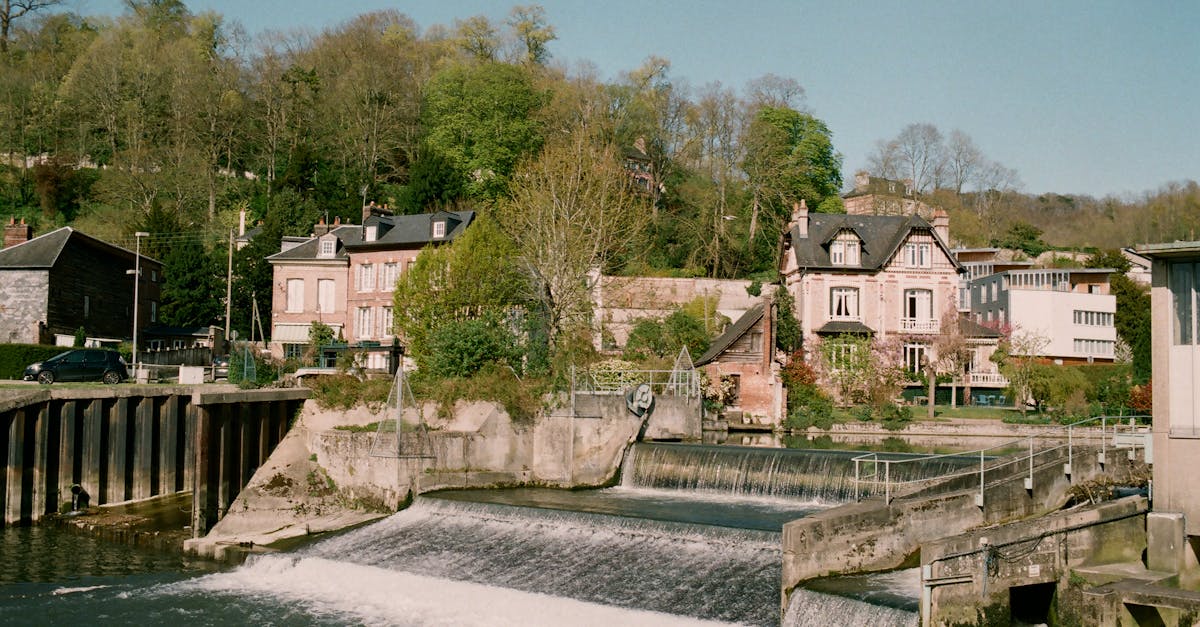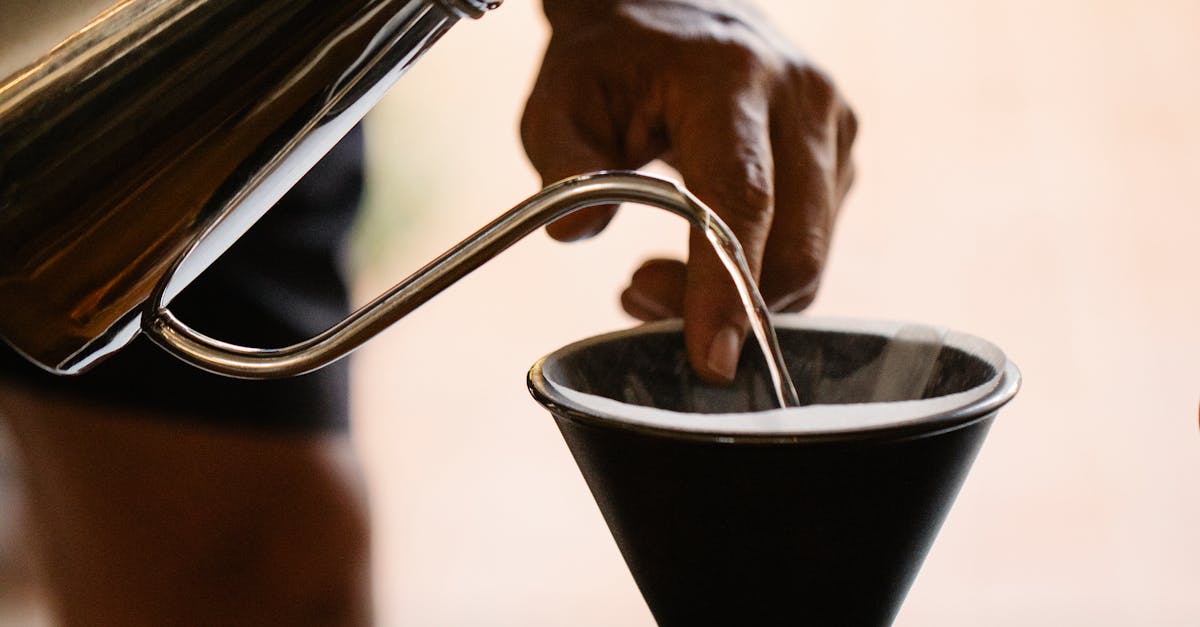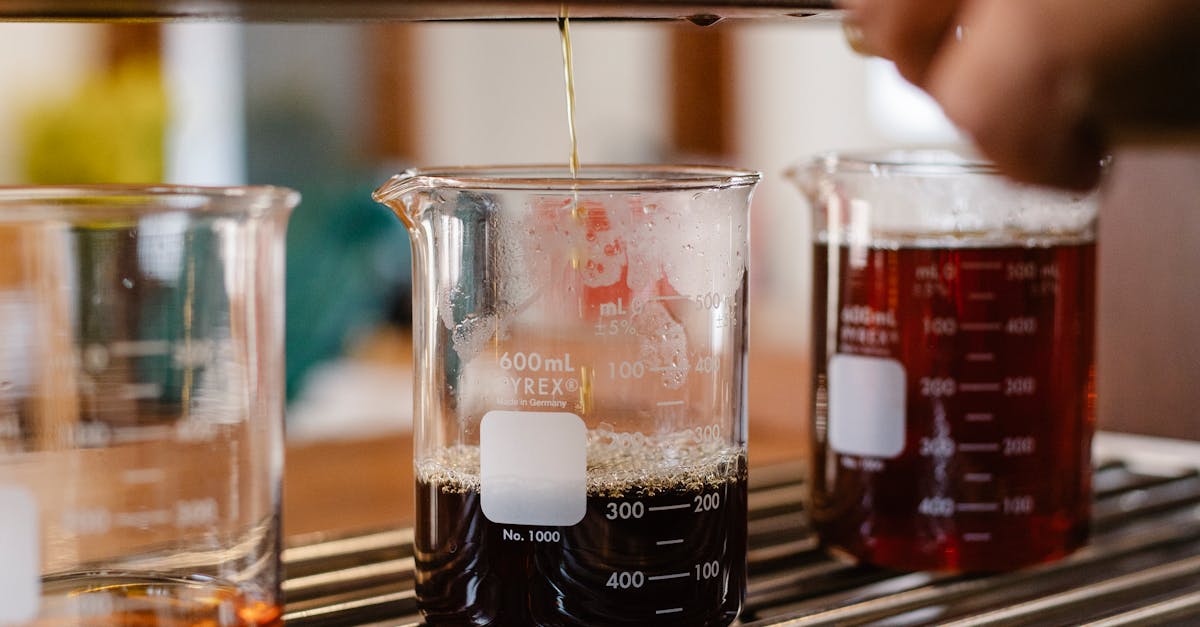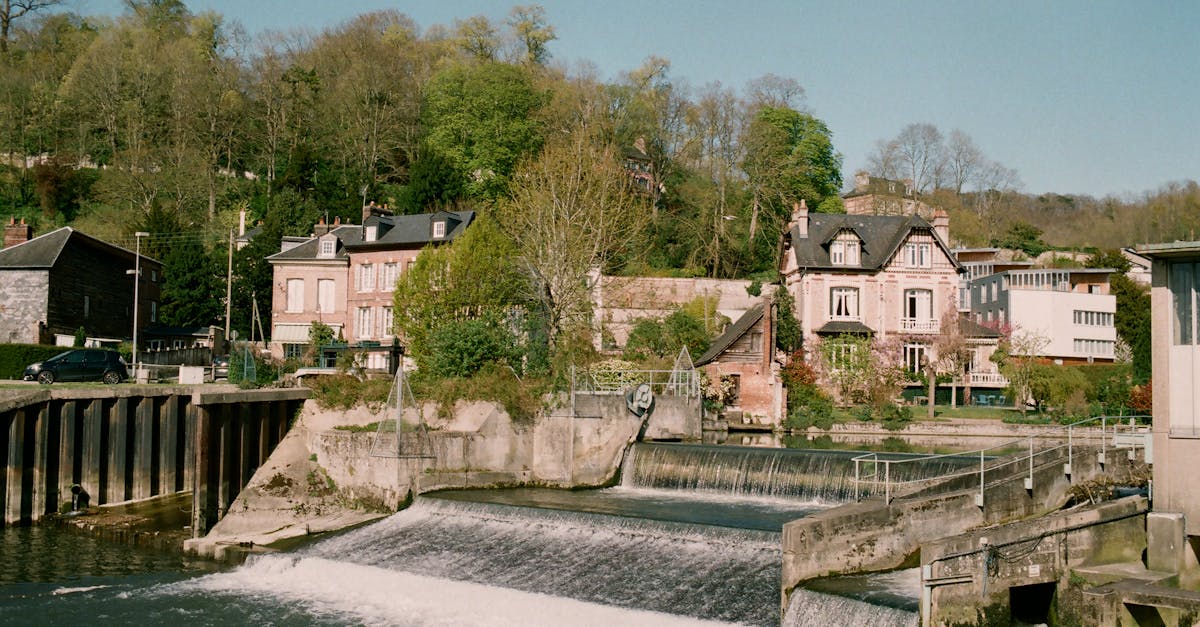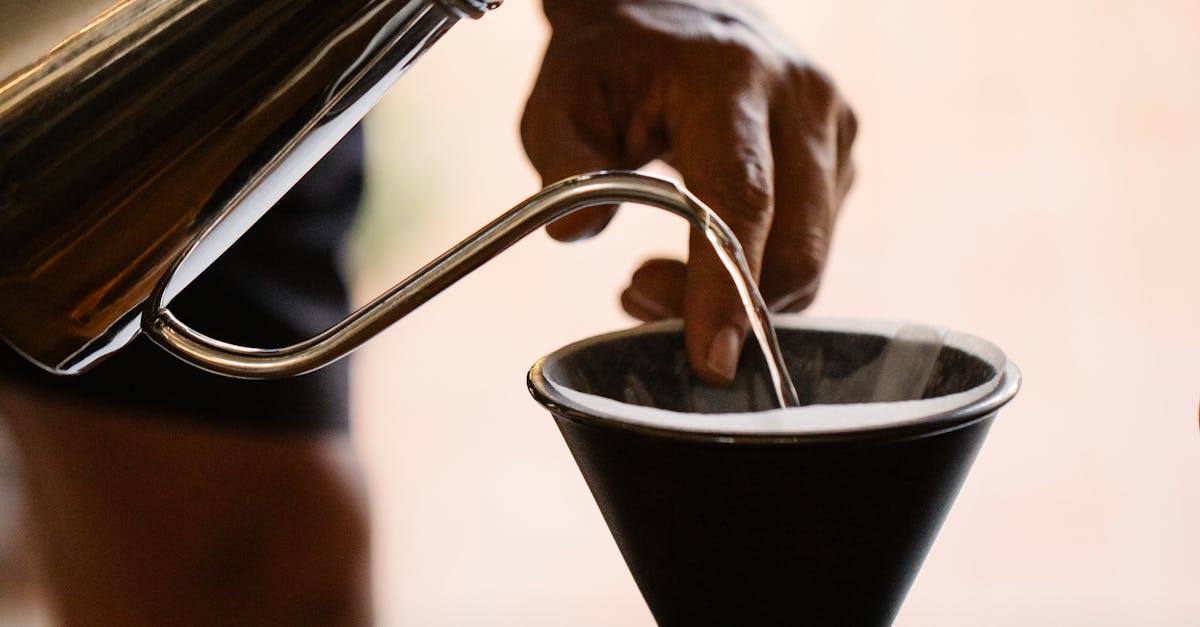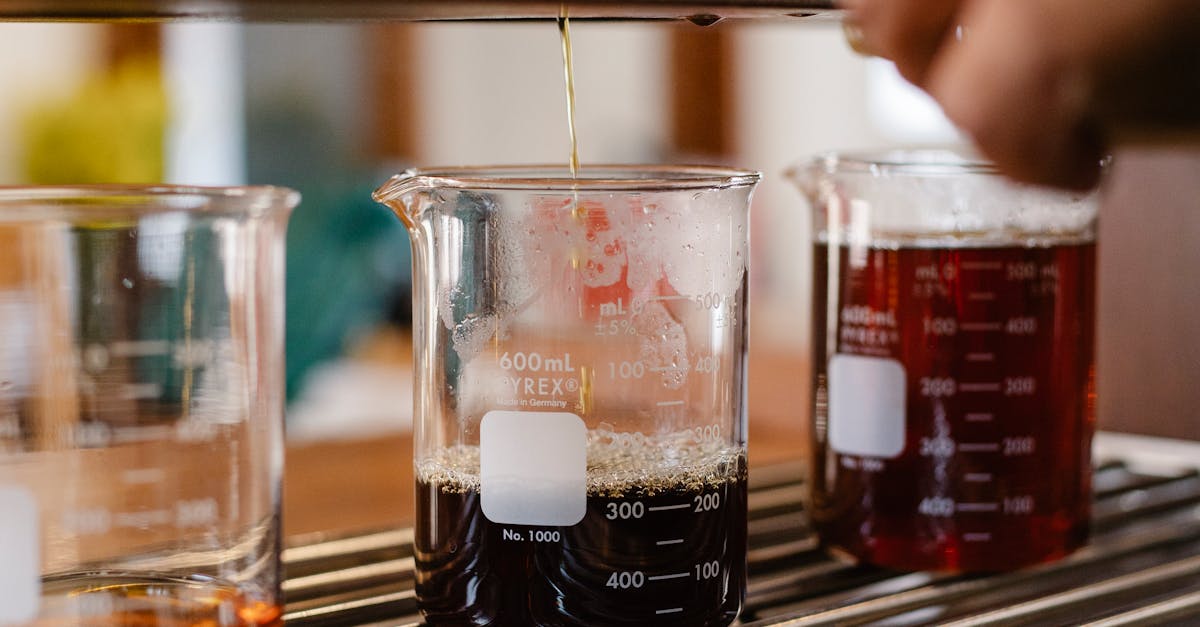
Table Of Contents
Broken Heating Element
When a hot water system fails to heat water, a common culprit can be a broken heating element. The heating element is a crucial component responsible for warming up the water in the tank. Hot water systems typically have either one or two heating elements, depending on their design. If one of the heating elements malfunctions, it can lead to a lack of hot water in the system. To address this issue, homeowners can inspect and replace the faulty heating element.
Hot Water System Parts and Accessories play a vital role in ensuring the efficient functioning of the hot water system. Regular maintenance and timely replacements of damaged components, such as the heating element, can help enhance the longevity and performance of the system. If troubleshooting the heating element does not resolve the heating issue, it is advisable to seek professional assistance to diagnose and fix the problem effectively.
Inspect and replace the heating element if it is faulty
A common issue that could cause your hot water system to stop heating is a faulty heating element. The heating element plays a crucial role in heating the water in your system, and if it malfunctions, it can result in a lack of hot water supply. To determine if the heating element is the culprit, you will need to visually inspect it for any signs of damage. In some cases, the heating element may appear worn out or broken, indicating that it needs to be replaced. Fortunately, replacing a heating element is a relatively straightforward task that can help restore your hot water system's functionality.
When inspecting and replacing the heating element, it is important to refer to the manufacturer's guidelines for your specific hot water system model. You can typically find replacement heating elements at hardware stores specializing in Hot Water System Parts and Accessories. Before beginning the replacement process, ensure that the power to the hot water system is turned off to prevent any accidents. Additionally, make sure to follow the proper safety precautions and use the correct tools for the job to ensure a successful replacement. By addressing a faulty heating element promptly, you can restore your hot water system's heating capabilities and enjoy uninterrupted access to hot water in your home.
Gas Supply Problems
Gas supply problems can often be the culprit when your hot water system fails to heat properly. To address this issue, check for any gas leaks that may be compromising the system's efficiency. Ensure that the gas valve is fully open to allow for proper gas flow to the hot water system. Without a steady supply of gas, the heating process will be hindered, resulting in lukewarm or cold water coming from your taps.
Hot Water System Parts and Accessories play a crucial role in the functionality of your hot water system. If there are any issues with the gas supply, it is essential to address them promptly to avoid further disruptions in your hot water supply. By inspecting the gas connections and ensuring that the gas valve is open, you can help troubleshoot and resolve any heating problems in your hot water system.
Ensure there are no gas leaks and the gas valve is fully open
Ensure there are no gas leaks in your hot water system to guarantee efficient operation and to prevent any safety hazards. Gas leaks can not only lead to a lack of heating in your water, but they can also pose serious risks to your home and occupants. It is crucial to regularly inspect all gas connections, fittings, and the hot water system itself for any signs of leaks. Additionally, make sure that the gas valve supplying your hot water system is fully open. If the valve is only partially open, it may not allow sufficient gas flow to adequately heat the water. Proper gas supply is essential for the effective functioning of your hot water system.
Checking for gas leaks and ensuring the gas valve is fully open are simple yet critical steps in troubleshooting a hot water system that is not heating properly. To effectively carry out this task, it is recommended to utilize tools designed for gas leak detection, such as a gas leak detector or soapy water solution. By conducting regular checks and maintenance on the gas components of your hot water system, you can ensure its optimal performance and longevity. Remember, when dealing with Hot Water System Parts and Accessories, safety should always be the top priority.
Insulation Degradation
Insulation degradation around a hot water tank can significantly impact the efficiency of the entire system. The insulation is crucial in retaining the heat within the tank, ensuring that the water stays hot for longer periods. If the insulation has degraded or is damaged, the heat loss will be higher, leading to the water not staying at the desired temperature. This inefficiency can result in increased energy consumption and higher utility bills. Therefore, it is essential to regularly inspect the insulation around the hot water tank as part of maintaining the overall functioning of the hot water system.
Hot water system parts and accessories play a vital role in ensuring the smooth operation of the entire system. The insulation surrounding the hot water tank is a critical component that needs to be in good condition to maintain the desired water temperature efficiently. If there are any signs of degradation, such as tears, gaps, or compressions in the insulation material, it is crucial to address them promptly. Ignoring insulation degradation can lead to poor water heating performance and unnecessary energy wastage. Regular checks and timely replacement of worn-out insulation can help maintain the efficiency and lifespan of the hot water system.
Check the insulation around the hot water tank for damage
Check the insulation around the hot water tank for any signs of damage. Insulation is crucial for maintaining the temperature of the water in the tank, and any degradation can lead to heat loss and increased energy consumption. Examine the insulation carefully, looking for wear and tear, dampness, or areas where it may have become loose or detached. Insulation issues can result in the hot water system working harder to heat the water, which can put unnecessary strain on the system and lead to higher energy bills. If you notice any damage to the insulation, it is essential to address it promptly to ensure the efficient operation of your hot water system.
Hot Water System Parts and Accessories play a vital role in the optimal functioning of your hot water system. Damaged insulation can compromise the overall performance of the system, affecting its ability to heat water efficiently. By regularly inspecting and maintaining the insulation around the hot water tank, you can help to ensure that your system operates effectively and efficiently. If you find any issues with the insulation, consider repairing or replacing it to improve the energy efficiency of your hot water system and prolong its lifespan. Proper maintenance of all components, including insulation, is key to ensuring that your hot water system continues to provide reliable hot water for your household needs.
FAQS
What could be causing my hot water system to not heat up?
Several factors could be causing your hot water system to not heat up, including a broken heating element, gas supply problems, or insulation degradation.
How can I determine if the heating element is the issue?
To determine if the heating element is the issue, you can inspect it for any signs of damage or wear. If it appears faulty, it may need to be replaced.
What should I do if there are gas supply problems with my hot water system?
If you suspect gas supply problems with your hot water system, ensure there are no gas leaks and check that the gas valve is fully open. It's recommended to contact a professional if you are unsure how to proceed.
How can I check for insulation degradation on my hot water tank?
You can check for insulation degradation on your hot water tank by inspecting the insulation around the tank for any signs of damage or wear. If you notice any issues, it may need to be repaired or replaced.
When should I seek professional help for my hot water system not heating?
If you have checked for common issues such as a broken heating element, gas supply problems, and insulation degradation, and your hot water system still isn't heating up, it's best to seek the expertise of a professional plumber to diagnose and fix the problem.





